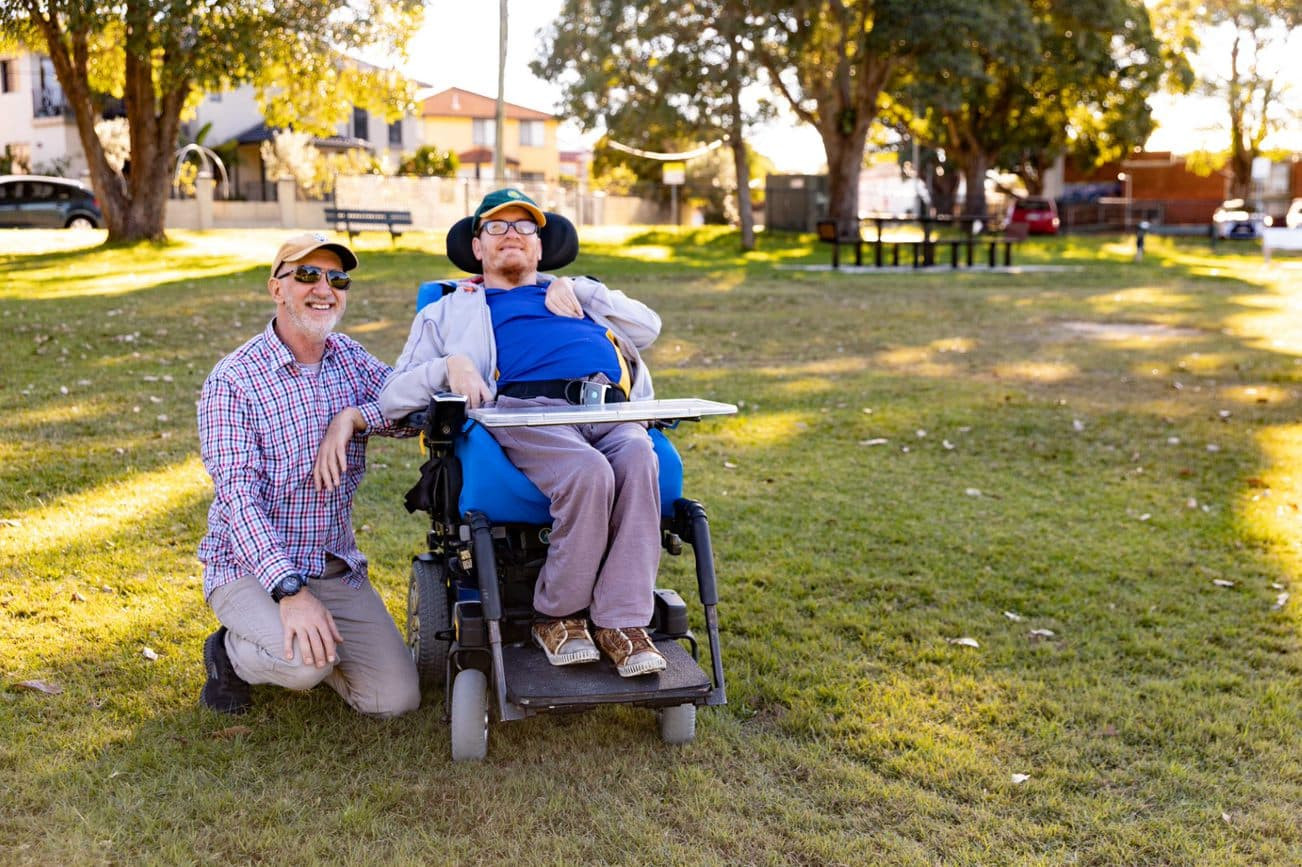Groundbreaking Study: Genetic Testing Could Revolutionize Cerebral Palsy Treatment
This groundbreaking research, published in JAMA Pediatrics, reveals a potential game-changer in the treatment of cerebral palsy (CP). A study funded by the Cerebral Palsy Alliance Research Foundation (CPARF) indicates that a significant portion of the population living with cerebral palsy—a staggering 8%—could significantly benefit from genetic testing. This discovery could unlock pathways to improved care and a higher quality of life for many.
Understanding the Scope of the Study
The research, titled "Clinical actionability of genetic findings in cerebral palsy," was a collaborative effort led by Dr. Sara Lewis and Dr. Michael Kruer at Phoenix Children's Hospital. Their team, comprised of genetic counselors, clinicians, and researchers from around the globe, established a framework to determine the number of individuals with CP who possess gene mutations with known, effective treatments. The study's findings highlight the potential of genetic testing to personalize treatment plans and improve outcomes for a substantial number of individuals.
The Impact of Genetic Testing in Cerebral Palsy
The potential benefits of genetic testing extend beyond improved treatment; it offers families a better understanding of their child's condition and provides hope for better future outcomes. Early detection, made possible through advanced genetic testing, could lead to preventative interventions. This would not only improve the quality of life but also reduce the overall economic burden of lifelong care.
Dr. Sara Lewis emphasized the significance of CPARF's support, stating, "We are grateful for CPARF's support in making this research possible. Cerebral palsy is diverse, and we hope these findings will provide both clinicians and individuals with the knowledge and the tools to drive the design of improved therapeutic treatments, spur more informed clinical decision-making, and empower individuals to advocate for themselves or their family members with CP." This sentiment underscores the transformative potential of this research and its impact on both patient care and family support.
The Promise of Personalized Medicine
While the connection between genetic mutations and CP is relatively recent, numerous studies suggest that genetic variations contribute to approximately a quarter of all global CP cases. Interestingly, some of these identified genes are also implicated in conditions like intellectual disabilities, epilepsy, and autism spectrum disorder. The exciting aspect is that treatments proven effective for other developmental disabilities caused by these same genes could potentially revolutionize CP treatment. This discovery unlocks the potential for more effective treatments and transformative improvements in quality of life for individuals with CP.
The Economic Implications
The Centers for Disease Control estimates the lifetime cost of caring for a person with cerebral palsy to be around $1.6 million – a figure often underestimated. Chris Olver, Executive Director of CPARF, commented on the financial implications stating, "This discovery has the potential to vastly improve the quality of life for people living with cerebral palsy... Dr. Lewis and Dr. Kruer's research could help change overall cost of care, and we are so proud to be able to support this work." The economic benefits of early intervention and targeted treatments would be substantial.
A New Era in Cerebral Palsy Care: Hope for the Future
The research undertaken by Dr. Lewis and Dr. Kruer, generously funded by CPARF, presents a paradigm shift in our approach to cerebral palsy. The study demonstrates the considerable potential of genetic testing to personalize treatments, leading to enhanced quality of life and potentially reduced long-term costs. This pioneering work shines a light on the profound impact of genetic research, not only in our understanding of CP but also in shaping future treatments. The findings underscore the importance of continued investment in research to unravel the complexities of CP and pave the way for more effective therapies.
The implications of this study extend beyond the immediate benefits for individuals with CP. The collaborative, global effort that produced these results showcases the power of collective scientific inquiry and its potential to revolutionize healthcare globally. It is a testament to the commitment and perseverance of researchers, clinicians, and funding organizations dedicated to improving the lives of those living with this condition. This research represents a significant step towards a future where more effective and personalized treatments are available, significantly enhancing the lives of individuals and families affected by cerebral palsy. Further research will undoubtedly build upon this foundation, leading to even greater advancements in the diagnosis and treatment of this complex condition.



















